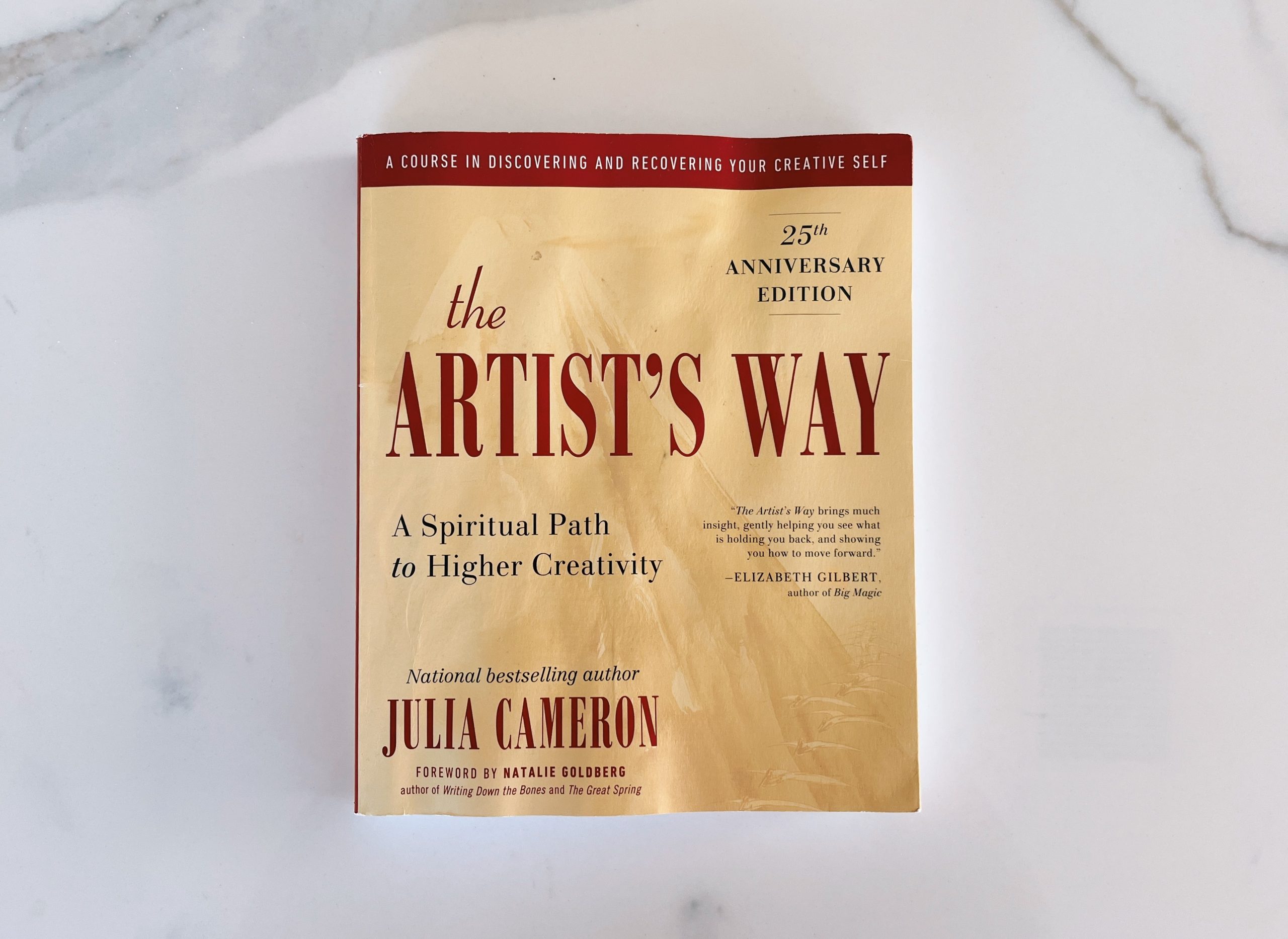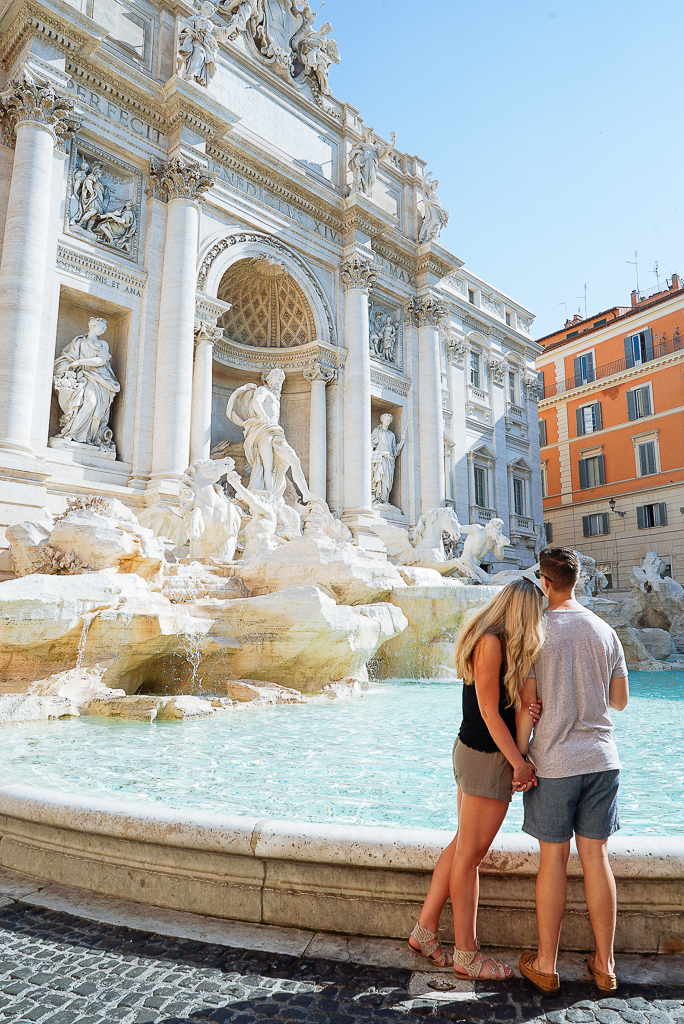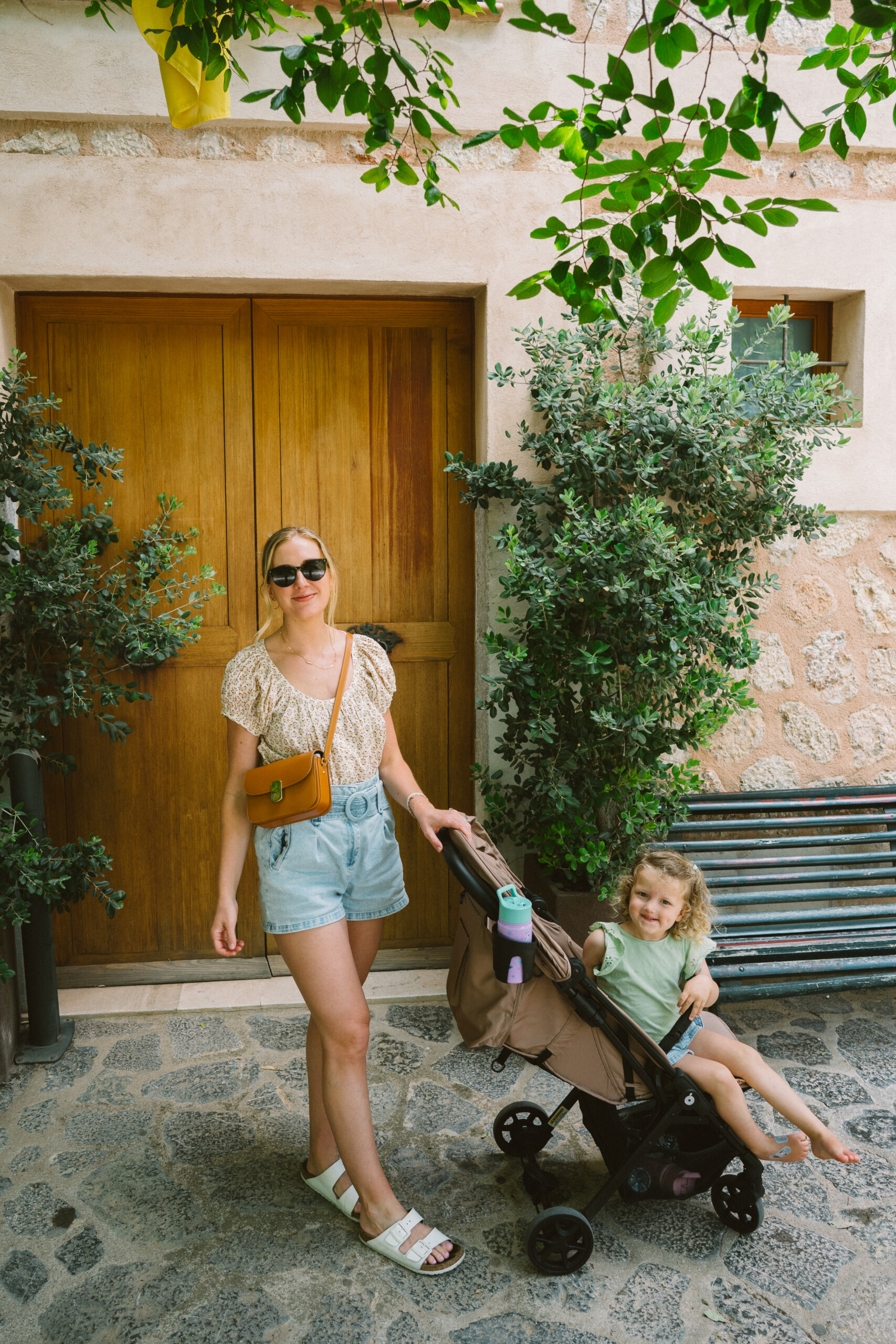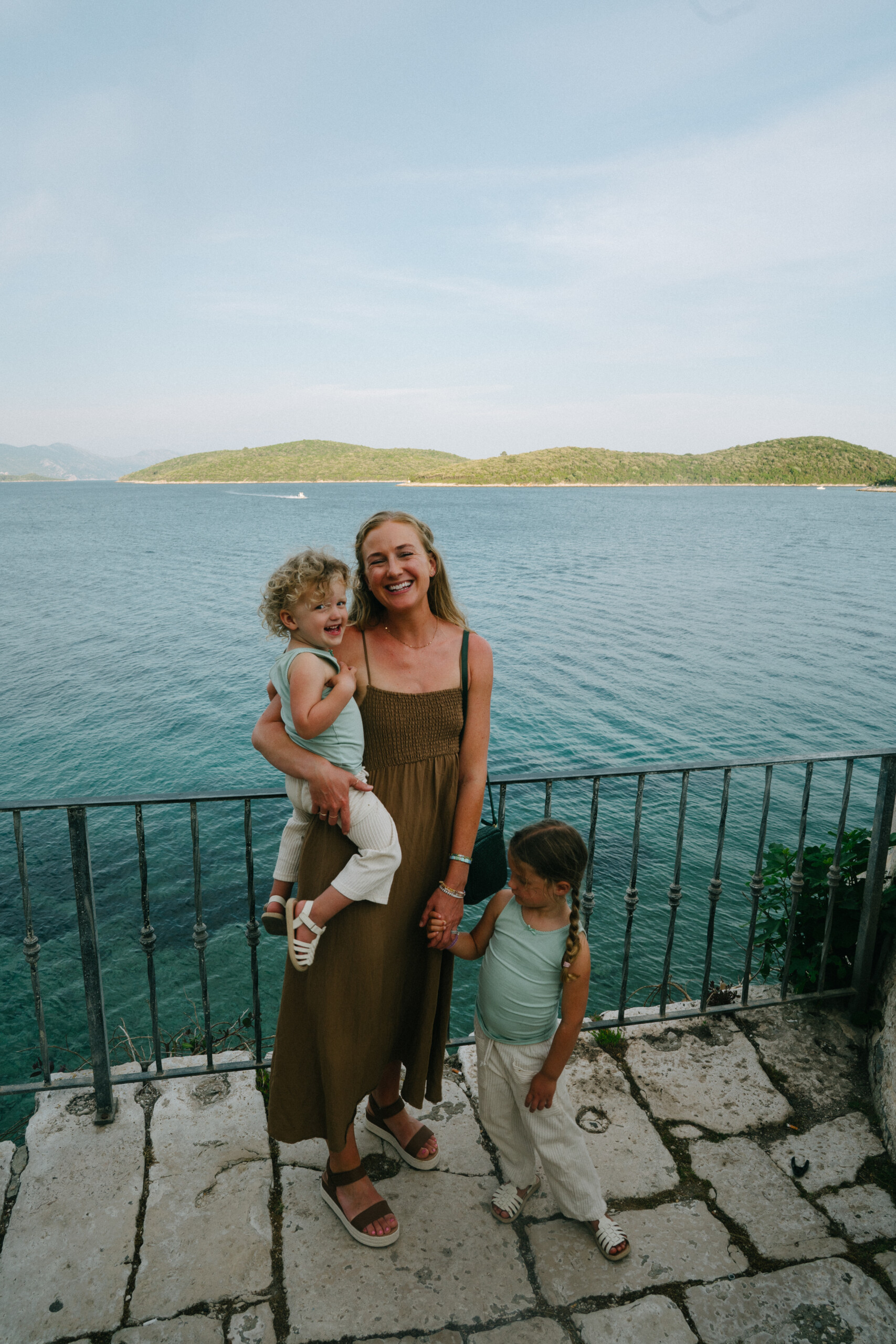Today I’m doing something new and deep diving one of my now-favorite books of all time: The Artist’s Way by Julia Cameron.
This book has made such a difference in my life this past year, so I wanted to give it its own blog post and highlight some of the most monumental lessons I learned from it.
Julia Cameron is an author, playwright, filmmaker, and poet who spent years coaching artists and helping creatives get “unblocked.” She wrote the renowned bestseller The Artist’s Way in 1992. The book has been a perennial seller ever since, inspiring creatives around the world to get out of their heads and into their art.
I recommend this book to everyone, really, but in particular those who are toying with the idea of a creative pursuit. Or perhaps you have writer’s block or are feeling uninspired or unmotivated or just plain scared. I’ve made pit stops at all of the above at some point in the last few years. This book, while cheesy at times, helped me reframe my entire identity as an artist and gave me the tangible tools to become a practitioner.
And it’s not to say that I’m some big success (or even a small one), but that’s kind of the point of the book: falling in love with the process.
Though writing is my own personal passion, the book’s philosophy applies to any and all creative endeavors. I think she does a good job of incorporating a host of examples through the chapters.
The Artist’s Way by Julia Cameron is meant to be treated like a 3 month course: it’s divided into twelve chapters or “weeks,” each covering a different topic, accompanied by a set of writing prompts and a weekly “check in” at the end.
This format, at first, struck me as a little too structured. The weekly exercises took me much longer than the given time to get through, so I decided to just take it at my own pace and work through a little at a time. It took me almost 9 months to get through the entire book.
In hindsight, I can see the value in keeping the designed pace and treating the entire experience as a “bootcamp” of sorts. For my current life stage, though, moving through the content slowly and intentionally was much more beneficial.
I’m normally not much of an underliner/annotator, but I did mark this book up like a workbook which I think just goes to show the value it brought me.
Hopefully this post will inspire someone to pick the book up themselves, but at the very least I hope to impart a few things I’ve learned. This book has emboldened and empowered me, and I just want the same for others too!
Julia Cameron just has this way of communicating the idea of creativity that I found both inspiring and practical. It was very easy to put together this list.
Here are ten things I learned from The Artist’s Way by Julia Cameron:
- We were created to be creative; creativity is an act of praise.
“Looking at God’s creation, it is pretty clear that the Creator itself did not know when to stop. There is not one pink flower, or even fifty pink flowers, but hundreds. Snowflakes, of course, are the ultimate exercise in sheer creative glee. No two alike. This creator looks suspiciously like someone who just might send us support for our creative endeavors.”
I’ve always known this: mankind was made in God’s image. But to see it spelled out in such a way that directly applies to me was a big turning point. God created us to be creative. Embracing this, in whatever fashion that brings us the most joy, is in and of itself an act of worship.
- There is no quick fix for creative recovery. It takes discipline.
I think everyone heads into these sort of books with the secret hope that there will be some easy-peasy tip in store to help them uncover the life they’ve dreamed of. Julia Cameron is very clear: when it comes to creativity (and life?), discipline is what sets you free.
- Daily practice of the Morning Pages
The main pillar of her course is the daily practice of what she refers to as the Morning Pages. This is basically a brain dump, a chance to empty our souls and minds before we begin the day. The assignment is simple: write three pages of total, utter nonsense each morning. Just whatever comes to mind, write it down–fast.
This might sound crazy, but consistency with the Morning Pages has changed me as a person and a writer this year. Just putting pen to paper in such a rote, routine way has allowed me to release my anxiety and clear my head each morning. I feel one million times better in every aspect of life when I do this.
(I wrote about how I’ve incorporated this on my morning routine blog post).
- Treat your inner artist like a child.
“Judging your early artistic efforts is abuse.”
The author encourages everyone to treat our inner artists like a small children, with words of affirmation, investment in high quality supplies, and most importantly, lots and lots of grace.
We would never look at a small child and say “that painting is bad, so you shouldn’t keep painting.” We need to reframe the way we treat ourselves and our art, take the stress and weight out of it! Progress, not perfection, is the point here.
- Being creative with an abundance mindset
“Since everyone can draw on the universal supply, we deprive no one with our abundance. Once we learn to think of receiving God’s good as being an act of worship..we can begin to let go of sabotaging ourselves.”
There is no shortage of creativity: every person is creative. Looking back, a lot of my negative self-talk growing up came from a scarcity mindset, and I think I carried a lot of this into adulthood. God gives us everything we need to be creative, and there is room for everyone’s art.
- Serious art is born from serious play.
Cultivating a beautiful life full of little luxuries helps foster an artist’s flow. Allow yourself to play and laugh and try new things. Buy yourself flowers, take yourself to a museum, dabble in a hobby that forces you to be creative in a way you’re not used to. Cooking and gardening have been big outlets for me this year, and I even forced myself to take my first dance class in over 8 years!
- Art is about getting something down, not thinking something up.
“Move out of your head and into action.”
I think I used to be under the impression that if I just thought hard enough, I could muster up ideas of what to write. The author gently suggests reframing the way we think about what creativity even is. It’s not this strained period of twiddling our thumbs waiting for our brains to kick it into gear. Rather, we follow inspiration and move on ideas with faith. Commit to the daily grind of practicing our art, and eventually we will get to a place where our practice is merely a conduit, an act of listening and recording.
This chapter reminded me a lot of Liz Gilbert’s Big Magic, another book that I absolutely love.
- Jealousy is a map, a mask for fear.
“The desire to be better than can choke off the simple desire to be.”
Jealousy distracts us from what’s actually going on in our hearts and forces us to ruminate and obsess over someone else’s success. Jealousy tells us that there is only room for one writer/painter/singer/dancer. Jealousy plays to our insecurities and strips us of our will to act. I had never thought about it in these terms before.
We’ve all heard it a million times: comparison is the thief of joy. I’m learning to rewire my feelings of jealousy or tendency to compare and use that for fuel, as a roadmap on my own creative journey.
- Every end is a beginning.
Humans are, by nature, self-sabotagers. We react in the face of loss and block ourselves, an easy way to protect ourselves from further pain. Cameron coaxes her readers to understand that every failure is a gift, the chance to start anew.
- Creativity is oxygen for our souls, its own reward.
“Just when we get there, there disappears.”
Perhaps the most important lesson of all is that creativity is its own reward. I will probably not publish a novel anytime soon, but I have learned that the real joy comes from the art of writing itself. After all, what is success anyway?
The Artist’s Way by Julia Cameron has helped me unlock–free, even–my creative side. This book isn’t about results; it’s about the process, the journey, the falling in love with your art.
It’s a pre-weekend pick me up: just a little note with links to the latest blog posts, what I’m reading lately, and products I’m obsessed with. Think of it as a friend dropping off a surprise latte in the morning--you know?



